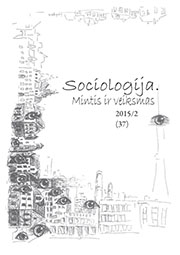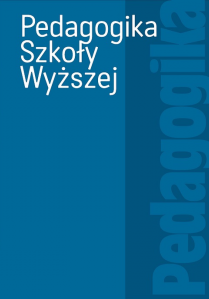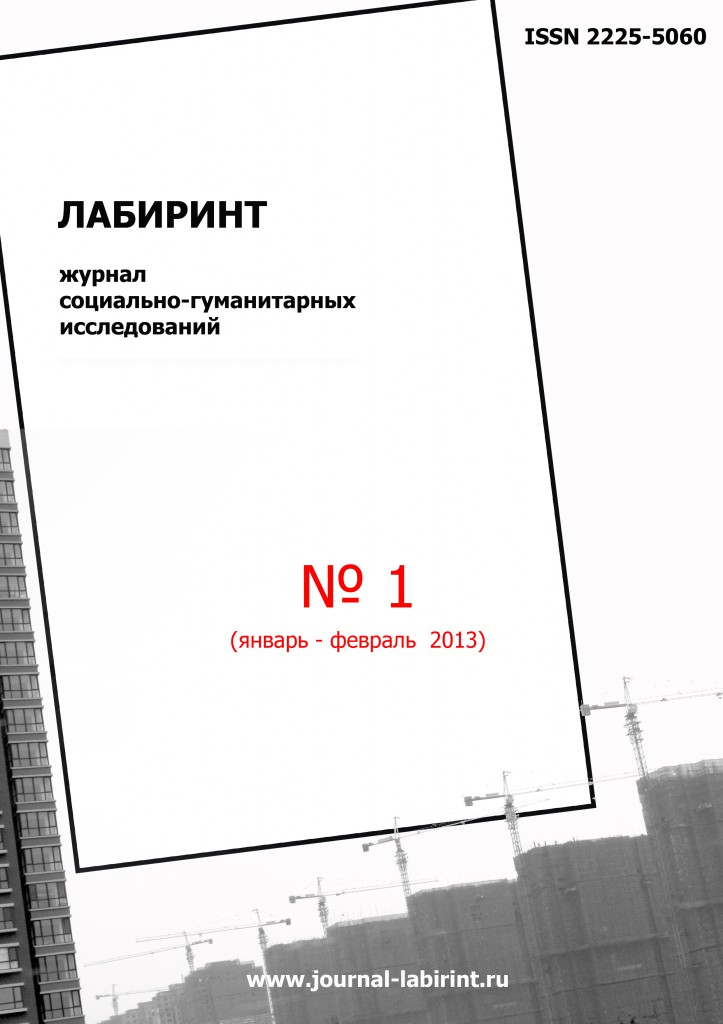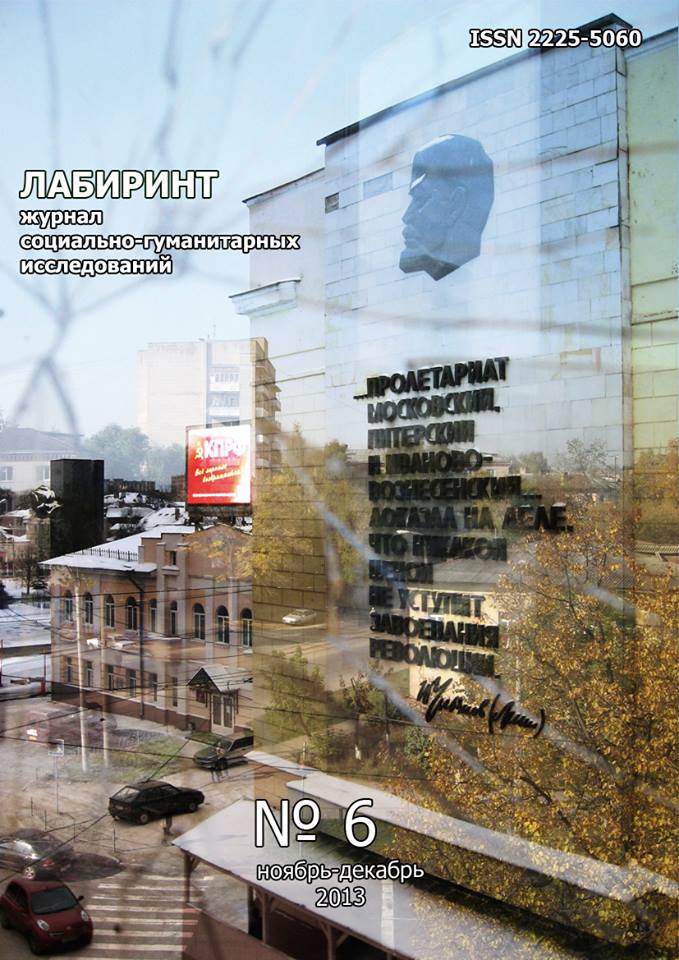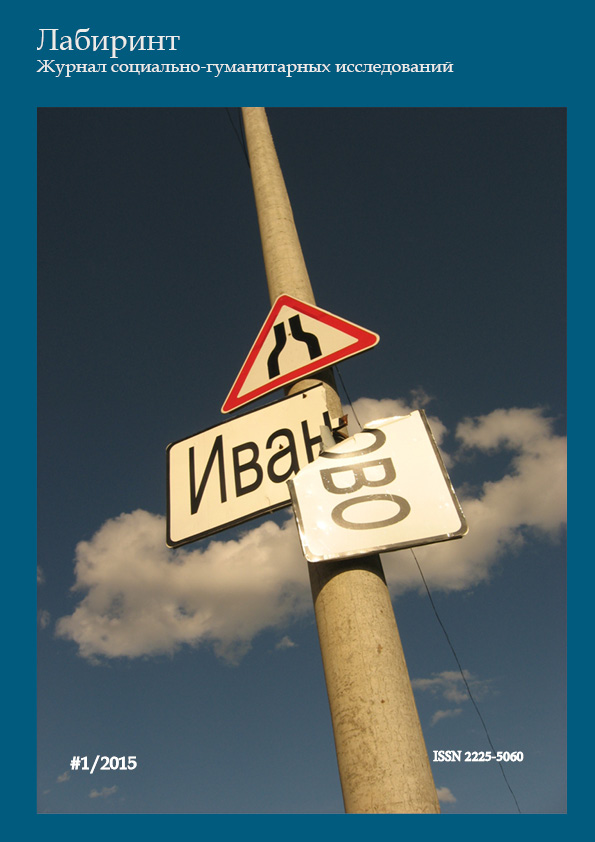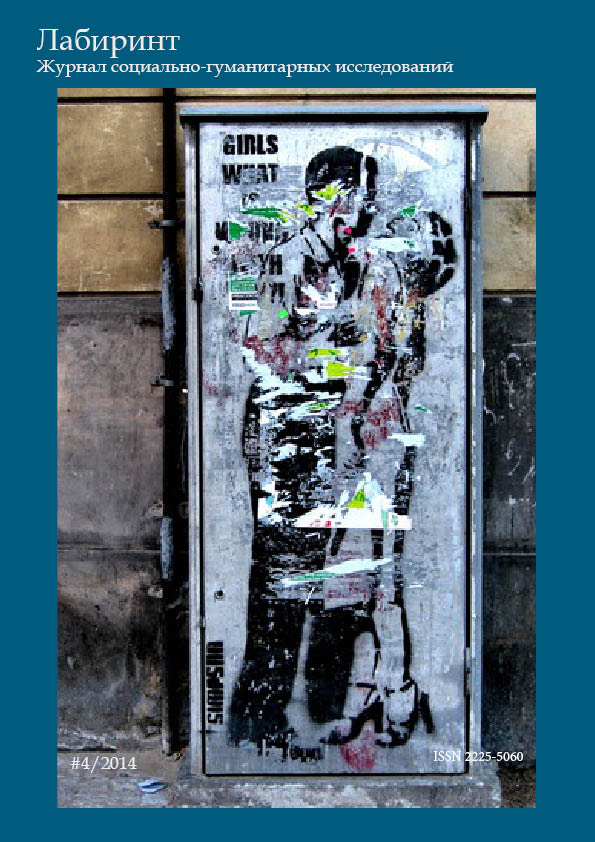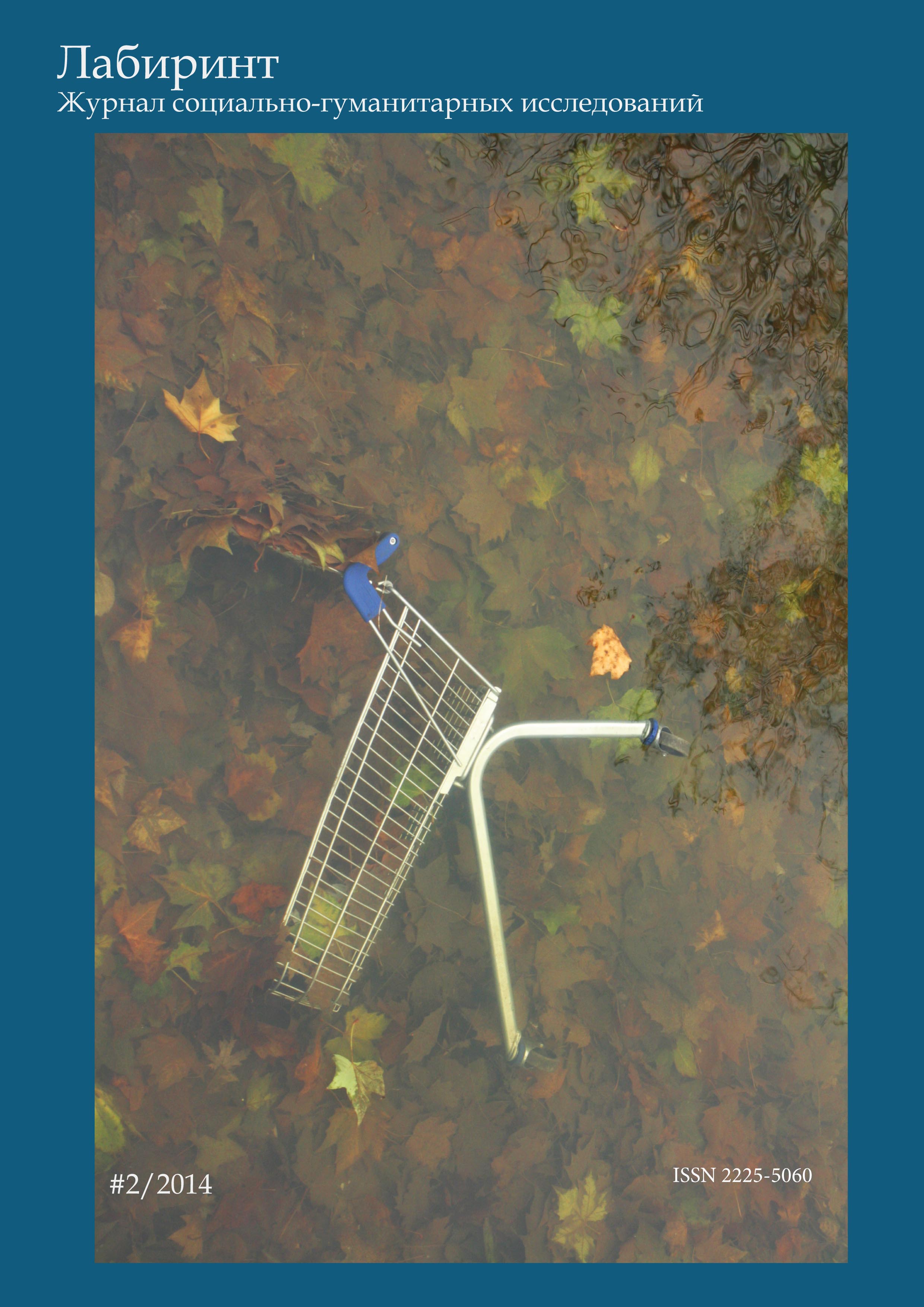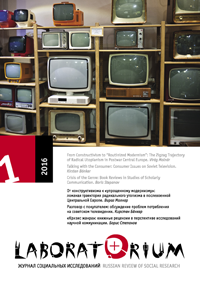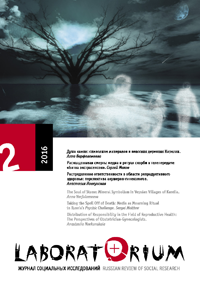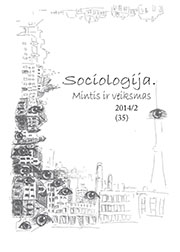
Blato ryšių Lietuvoje vėlyvuoju Sovietmečiu analizė
This article is aimed at revealing structural characteristics of blat networks during late soviet period in Lithuanian society. Blat is understood as a form of informal exchange particular for Soviet society. It was oriented at satisfaction of needs of personal consumption and it reorganized state system of distribution of material resources. The article starts from brief review of institutional conditions that facilitated formation and spread of blat exchange and defines consequences of blat for functioning of Soviet system. The article goes on presenting results of the data analysis of representative survey of Lithuanian population conducted in 2014. It is concluded that during Late Soviet period blat networks in Lithuanian society mainly consisted of strong ties, however, material well-being of individuals was associated with their abilities to use not only strong, but also weak ties. Data analysis also reveal that blat practices were frequently misrecognized as such by those who used them.
More...
